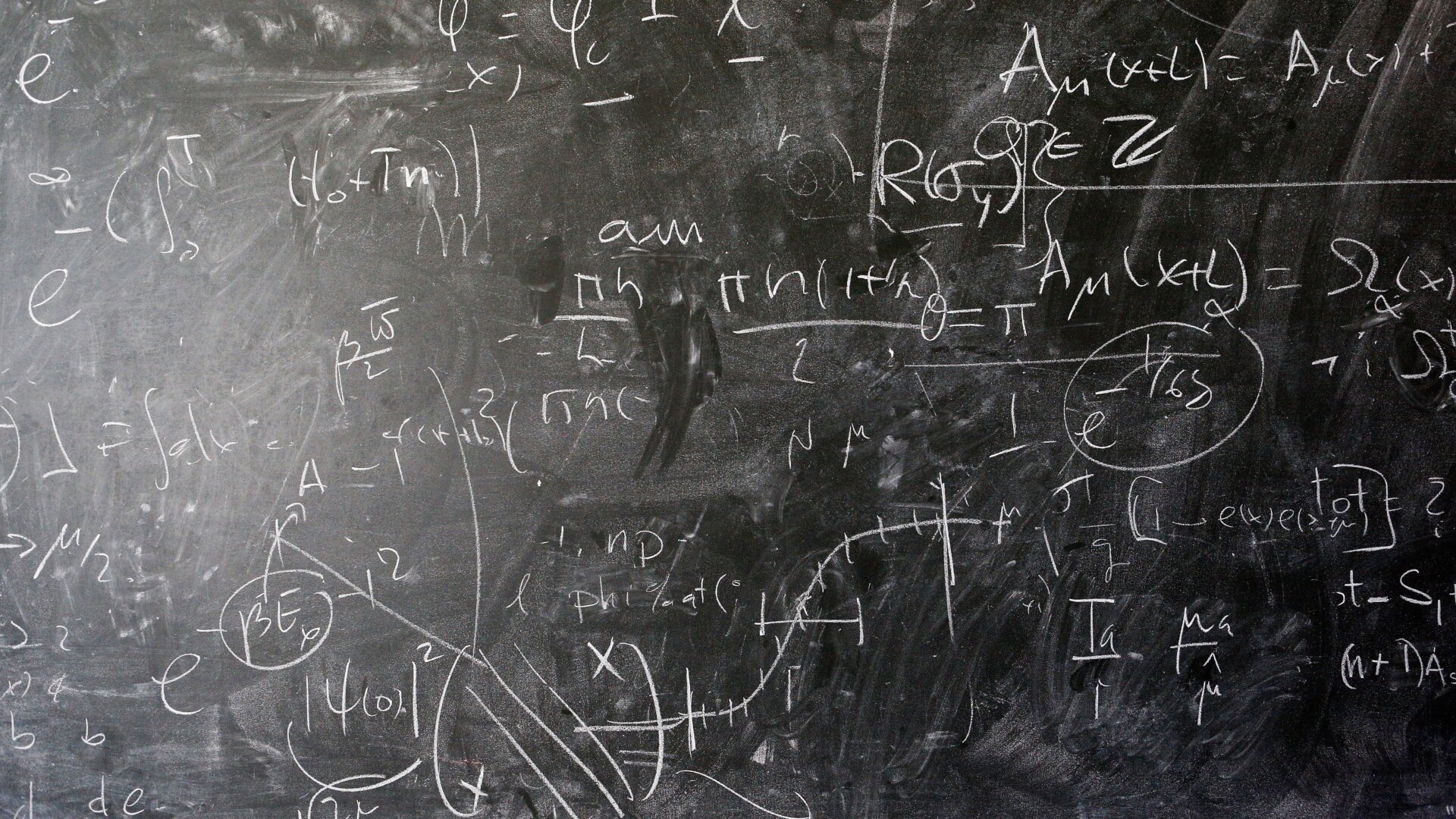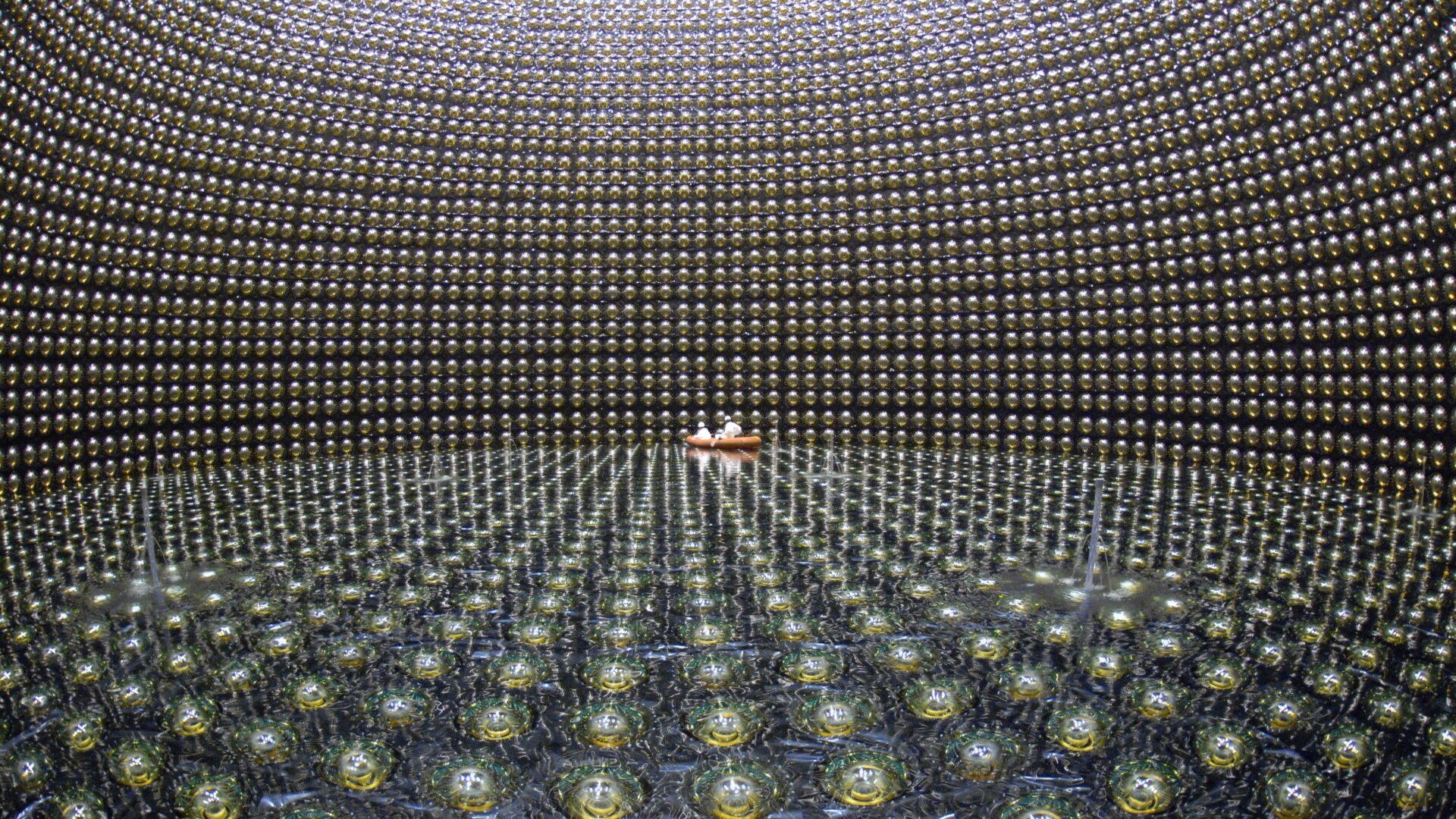The scientific community is calling for a work stoppage on June 10th to address systemic racism in research and academia. This strike, organized under the hashtags #ShutDownAcademia, #ShutDownSTEM, and #Strike4BlackLives, aims to move beyond symbolic gestures and towards concrete action. Organizers are urging science professionals and academics to participate in protests, educate themselves on the challenges faced by Black academics, and develop actionable plans to dismantle racism within their fields. Hundreds of scientists, including Nobel laureates and prominent research groups, have pledged their support.
“We must hold STEM and academia accountable for ending anti-Black racism, given our crucial role in society,” explains Brittany Kamai, an experimental physicist at UC Santa Cruz and Caltech, and an organizer of #ShutDownAcademia/#ShutDownSTEM. “This will be challenging but necessary for growth. We’re asking the entire community to commit to eradicating this together.”
The current protests against police brutality against Black people sparked the collaboration between #ShutDownAcademia/#ShutDownSTEM and the physics-focused Particles for Justice initiative. However, these issues have long plagued the scientific community. A recent report revealed stagnant representation of Black students earning physics degrees, attributed partly to insufficient support and declining funding for historically Black colleges and universities.
Subtle yet pervasive forms of discrimination persist. Terms like “master” and “slave” are still used to describe equipment, while “quantum supremacy” remains a key milestone in quantum computing. Few publications actively address this problematic language. Furthermore, campus buildings often bear the names of racists and slave owners, and pseudoscience is sometimes employed to justify racism.
“Academia often burdens marginalized individuals with the labor of their own liberation,” observes Brian Nord, a research scientist at Fermilab. “They expect us, already embedded in the system and facing its problems, to join committees and engage in activities that are ultimately performative. There’s a lack of genuine investment and commitment.”
This additional work, which doesn’t offer the same career advancement as publishing research, puts Black scientists at a disadvantage. Kamai notes that during instances of police brutality against Black people, her peers often seek support outside academia, turning to Black-led scholar collectives.
“We don’t need more diversity, equity, and inclusion seminars,” states Chanda Prescod-Weinstein, assistant professor of physics and core faculty in women’s studies at the University of New Hampshire, and an organizer of Particles for Justice. “We need action now, including participation in protests. We need active reform within institutions, not top-down solutions.”
The groups urge all scientists to utilize this day for self-education, student engagement, protest organization, contacting representatives, and creating action plans for lasting change. They also encourage Black colleagues to prioritize self-care and seek community support. #ShutDownSTEM is not directed at scientists directly involved in mitigating the COVID-19 pandemic, while Particles for Justice encourages these researchers to reflect on how their work can contribute to the call for justice.
Nord hopes physicists will apply their passion for uncovering universal truths to this movement, treating it with the urgency it deserves. “We need their energy, creativity, compassion, and willingness to learn new methods from those already experienced in this work.”
Non-Black allies are crucial for driving change, especially in fields like physics. “Particle physics has one of the lowest representations of Black scientists,” notes Tien-Tien Yu, assistant professor of physics at the University of Oregon. “The strike will highlight this disparity, prompting us to understand the reasons and propose concrete solutions. Most importantly, we hope non-Black physicists will finally listen to what Black scientists have been saying for years.”
Over 3,100 academics, including Nobel laureates Adam Riess and Art McDonald, have pledged to strike with Particles for Justice. Major scientific organizations, including the arXiv physics preprint server, have announced their participation, postponing activities and fostering discussions. The Canadian Association of Physicists has also joined the movement.
Both Particles for Justice and #ShutDownAcademia/#ShutDownSTEM have provided resources and action plans for those seeking to dismantle racism in their fields.











